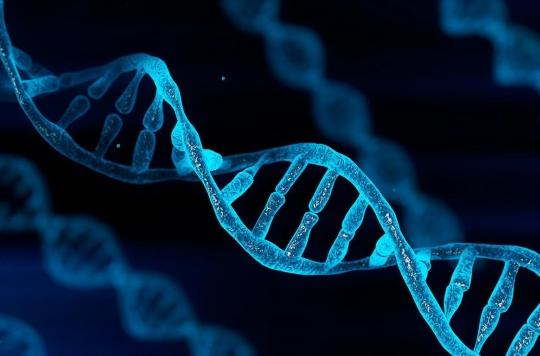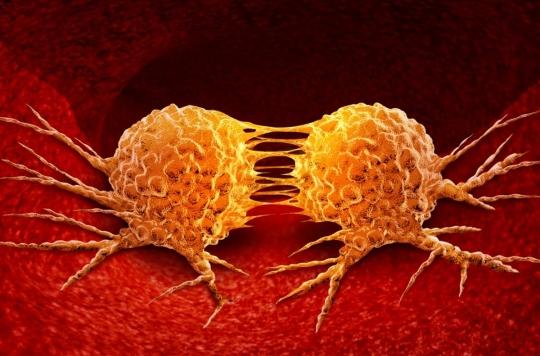Analyzing the genetic profile of a patient, or that of a tumor, makes it possible to adapt treatments as well as possible and to offer hope for a more effective therapy.

 |
File produced in partnership with Science & Health the magazine |
Genes are not visible to the naked eye and yet they are the ones that partly dictate who we are: the color of our hair, our height, our risk of developing certain diseases. Because genes hold such valuable information, scientists have long been interested in it. Making the genes talk, that is what is at stake in genetic testing! These can make it possible to detect peculiarities that can help diagnose an existing disease, to predict the risk of developing a pathology in the future, but also to adapt medical treatment to the genetic profile of patients.
In the latter case, we are talking about genetic tests for therapeutic purposes. Their goal ? Predict the body’s response to a drug in order to anticipate any undesirable effects, risk of overdose or simply the ineffectiveness of a molecule on certain patients. Their principle is clever: it involves looking for genetic variants associated with the assimilation of drugs or, on the contrary, their transformation or degradation, in order to assess the fate of these in the body and to deduce from this their possibility of action … or inaction!
Change dogma
In the case of anti-cancer treatments, genetic tests involve the DNA of the tumor, which is modified in relation to the constitutional DNA, present in all cells. Identifying tumor DNA mutations then makes it possible to use a drug targeted specifically against cancer cells. Thanks to this innovation, new approaches are possible.
In 2012, Christophe Le Tourneau, medical oncologist and head of early trials at Institut Curie, launched with his colleagues SHIVA, the first clinical trial based solely on the biological profile of tumors – and not on their location. “A dogma persists according to which tumors must be treated according to the organ in which they are located. With SHIVA, we have opened another door: if a therapy is effective against any type of cancer, why shouldn’t it be for other cancers whose tumors have the same molecular abnormality? », Explains the researcher.
Quick support
As part of this trial, which involved a thousand patients, the genetic map of around forty tumors was produced in order to know the abnormalities of which they are carriers. The first results are clear: on the one hand, the genetic map of a patient’s tumors is quick to make, which opens the door to rapid treatment and, on the other hand, the efficacy results suggest a improvement of disease progression-free survival in certain groups of patients treated with these targeted therapies.
The interest of this type of genetic tests is also economic. Treating metastatic cancer – the hallmark of which is spread from where it started to other areas of the body – can be very expensive. The genetic analysis, it makes it possible to ensure that the tumors will be well targeted by a particular treatment.
Alice bomboy
Science & Santé, the Inserm magazine
.

















